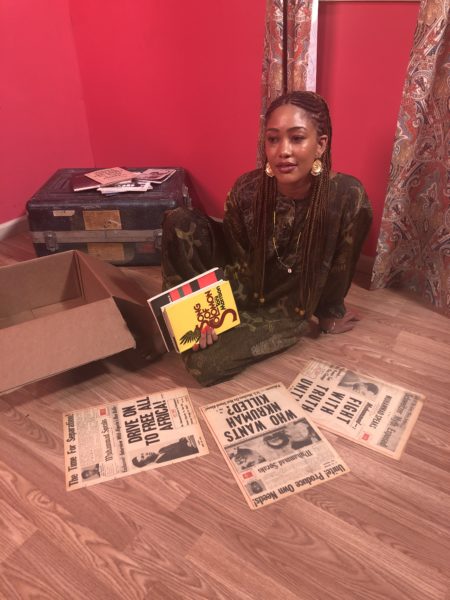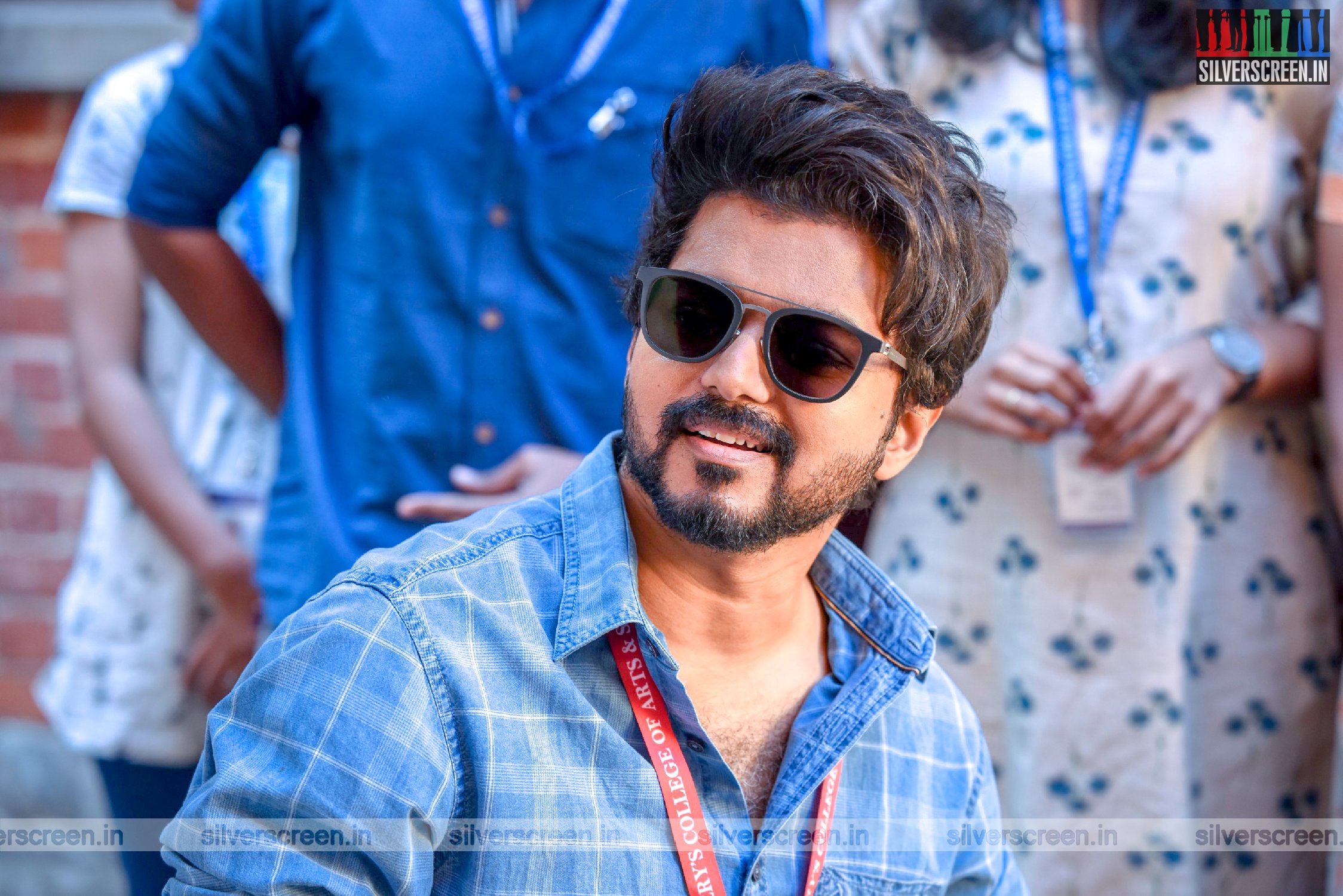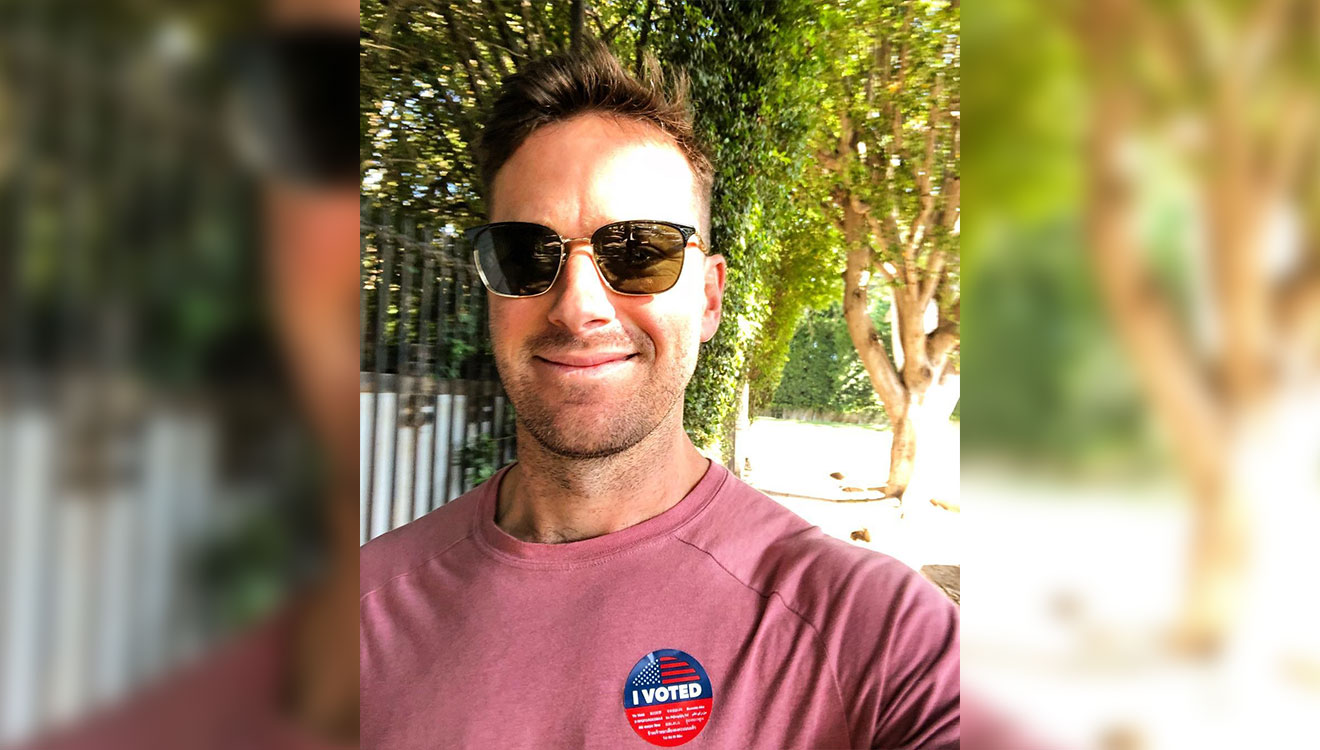In Godard’s La Chinoise (1967), there’s a brief appearance of Omar, a black character played by Omar Blondin Diop, modelled on Malcolm X. The film came at the height of the American Civil Rights movement and was ostensibly a chamber narrative of revolutionaries extrapolating Mao and Communism amidst the escalating situation in America, Vietnam and the world. Ephraim Asili’s new film, his feature debut and 58th New York Film Festival’s Currents line-up opener, The Inheritance, is set in Philadelphia and is also a chamber narrative featuring a huge La Chinoise poster in Julian’s (Eric Lockley) kitchen. Julian inherits the house from his grandmother and with the help of his girlfriend Gwen (Nozipho Mclean) transforms the house into a black socialist collective where the individuals exist independently with their original ideas but co-exist on the basis of consensus, fashioning the home as a community. La Chinoise features a poster of Malcolm X. In The Inheritance, La Chinoise poster is the only one that can be labelled as white artwork. Wherever you look, you see black art and artistes, on the walls and in the hands of the individuals, in archival footage and in murals in the few shots of the world outside the house.
Asili’s narrative mixes pace and vigour, often blurring the lines between documentary and fiction. What this does is, while we are surrounded by African American art, history and pop culture in almost every frame, never for once does the film become didactic. The walls of Julian’s house are red and blue, characters think and consider in close-ups against these colours, smile at the camera and sometimes talk to us in black and white, in interviews. The transitions are smooth, Julian and Gwen move in, Rich (Chris Jarell) often visits first as Julian’s friend, we learn about Stephanie (Aniya Picou) and her revulsion of privileged people sitting in vegan cafes and holding forth on rejecting education. We are soon joined by Jamel (Timothy Trumpet Jr.) and Old Head (Julian Rozzell Jr.), jamming on trumpet and percussion with Patricia (Nyabel Lual) joining in the dance. They are artistes, musicians and activists who come together under a single roof to learn and unlearn from each other. Asili’s central idea is how the individual and the collective aren’t two different entities but one and the same, and this might be just Julian’s grandmother’s home but it is on the land that’s seen and experienced the black struggle along with its music and art, the floors still awash with racial injustice. A passage is narrated about how land was always recognized as belonging to the community in Africa, the nucleus of The Inheritance. We are witness to both everyday conversations and also cultural awakenings, the former in Stephanie talking about going on a date with a white woman and the latter in the form of Patricia teaching Nuer, one of many languages from South Sudan.
The Inheritance is often funny, Stephanie’s conversation is particularly resonant, a slice of dark humour when she talks about how hurt white people look when a black person says they didn’t like a black movie. Rich, Julian’s friend from a different circle moves in with them, not because he is interested in the collective, socialism or activism but because he is kicked out of his home. He is an apolitical figure who sits down with the group in meetings and outreach programs, thus also becoming part of the community, as inclusive as it gets. Gwen is not too enthused by Rich’s presence – she tells Julian that he keeps babying Rich – but his very membership makes it an expansive experience for him as an individual. For a moment, Gwen forgets that “babying” him is nothing but the community embracing the individual and vice versa. The very philosophy of the house is to reject all forms of exceptionalism. Thinking about and caring for the self in a positive light automatically helps the surroundings, one of the characters says. The Inheritance doesn’t trade in syllogism, it might print out quotes of Audre Lorde, feature footage of Congresswoman Shirley Chisholm from her 1972 Presidential campaign and lectures from members of MOVE but its focus remains on the extended family as the birth of any form of union or movement.
Recommended
Along with the house, Julian also inherits a whole lot of music, books and posters that locate centuries of African practices and African American iconography, both in its struggle and in its celebration. The space is referred to as the House of Ubuntu, after the Nguni Bantu term which means “humanity”. The Inheritance is self-reflexive in ways few films are, entertaining and educating us, the outsiders, even as the community learns about itself through storytelling and oral histories. As we look at posters, hear poems or listen to passages from books, it only intensifies what Julian has truly inherited. Legacy and heritage are passed on and it flows in the veins of everyone who’s lived through time, from one generation to next. The carousal of intermingling cultures existing in one human body, the body that’s inherited pain and suffering, the same body that needs to be in the line of fire for another revolution. If you didn’t get it, Ephaim Asili’s buoyant film ends with two words and a single shot that sound the message all too clear.
Aditya Shrikrishna is a Chennai based film critic, who is covering the 58th New York Film Festival.



